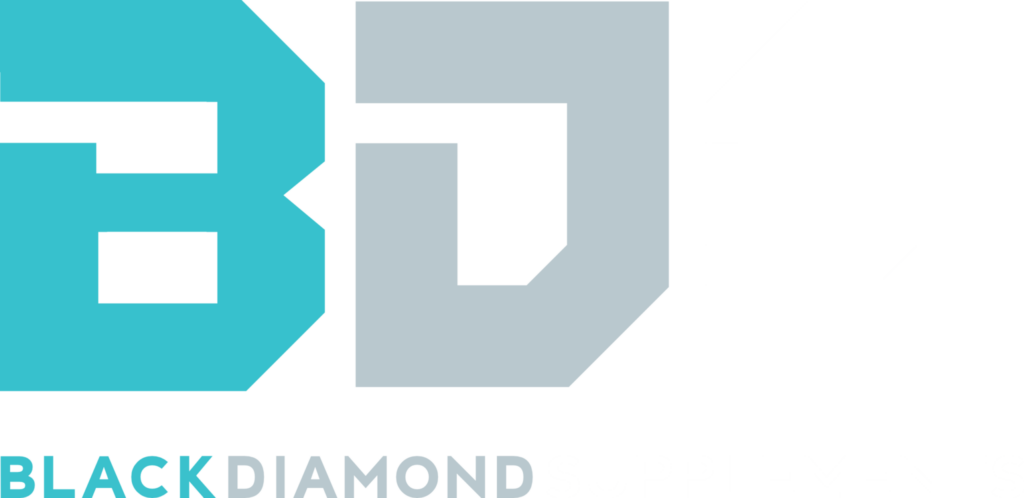If you’re someone who’s looking to get more from your workout program, one product you’ll want to look into is creatine monohydrate. Creatine monohydrate, or just creatine for short, is backed by plenty of research and years of extensive use both by athletes and fitness competitors. It’s proven to work, and many users have spoken about the benefits they feel. Sadly though, there are some serious misconceptions about creatine that either lead people to use it incorrectly or not use it at all, so it’s time to clear up some of these misconceptions so they won’t impact you.
Before getting into the misconceptions about creatine, let’s quickly review what creatine is.
What Is Creatine
Creatine monohydrate is the precursor to the high-energy compound ATP, which is what fuels every muscular contraction that takes place in the body. Your muscles, when performing intense exercise training, run strictly on ATP, and once it runs out, no further contractions can be produced at that intensity.
This is one reason why if you’re pushing yourself to the limit, you can’t carry out that exercise for long. Your body runs out of this high-energy fuel and you ‘hit the wall’ so to speak.
You might still be able to exercise beyond that as other fuel substrates can be used, such as glycogen (the storage form of glucose) as well as body fat. However, the overall intensity of that exercise would have to come down significantly.
By supplementing with creatine, you ensure your creatine stores are well saturated so that you’re able to generate the ATP you need for as long as possible. If you go into that workout with low creatine stores, you’ll quickly find that your ATP runs out, and your exercise intensity suffers. Go in with high stores, however, and you’re going to maximize your potential.
Now that you have a better idea of what creatine is let’s get into the misconceptions.
You Need To Cycle Creatine
Perhaps one of the most common misconceptions about creatine is that you need to cycle creatine. There are other supplements that you often have to cycle, so people sometimes think that this applies to creatine as well.
The reason for cycling a supplement is two-fold. It’s either:
- Hard on the body so you need to give yourself a bit of a break after using it for so long
- Adaptive, so if you keep using it continually, you’ll find it no longer exerts full effects because your body has gotten used to that dose. In other words, you’d have to keep increasing your dosage to get the same impact, and at some point, that dosage could become dangerous (or merely expensive to use)
The most common forms of supplements that need to be cycled are pre-workouts or any that contain caffeine because caffeine is something that your body gets used to having. If you’ve ever started drinking coffee and noticed the kick it gave you and then after making it a daily habit, noticed that three weeks later that same cup of coffee wasn’t quite waking you up as it once did, you’ve experienced this taking place.
Because creatine is not a stimulant and is not something your body adapts to, you won’t have to worry about this when using it.
Likewise, creatine is something that is naturally occurring in the body (you’ll also take it in when you eat beef in smaller amounts); therefore, it’s not a dangerous substance that you’re putting into your body either.
For this reason, there is no need to cycle creatine when using it. You can use it for however long you like and are on your workout program.
You’ll Rapidly Gain Muscle When Using Creatine
Another misconceptions about creatine many people have is that using creatine is going to cause them to gain large amounts of muscle mass very quickly. This again, is not the case.
Some mistakenly believe that they don’t have to put in the work – that creatine will help them build muscle as-is, and that is opposite from the truth. What creatine does is make putting in that hard work to build muscle easier. If that hard work is not put in, the muscle will not be built.
So those who take creatine and don’t do a workout along with it will not see any results. You may notice some temporary weight gain when you first start taking creatine because it does cause you to hold water, but this is not to be mistaken with lean muscle mass.
Do the work and take creatine1. That’s what will get you the gains.
Creatine Is Dangerous
Some people have come to believe that creatine is dangerous to use. This, again, is inaccurate. Because it is a natural substance that is found in the body in smaller doses already, it’s not going to be something that’s putting you in harm’s way. The only negative side effect you might experience while using creatine is muscle cramping, so do be aware of that.
In terms of your overall health, unless your doctor has told you that you shouldn’t be taking creatine for a particular reason, it’s safe for most people to use. Those who are dealing with any renal dysfunction or concerns, however, will want to proceed with caution as that is the primary side effect that tends to be worrisome with this product.
Creatine Is A Steroid
This leads us to our next point, the notion that creatine is a steroid. This is often believed by gym-goers who are just ignorant to most information on supplements and who don’t have a clear understanding of what creatine even is.
A steroid is an illegal substance that is designed to put synthetic hormones into the body, and creatine has nothing to do with that. Creatine is not a hormone, so they are entirely separate entities.
Creatine Is Only For Men
Finally, the last misconception about creatine is that it’s only for men. Again, this is not the case. Females who are concerned with athletic performance can also certainly use creatine as part of their program plan and see great results from it.
Because creatine helps reduce the level of fatigue you experience, it’s excellent for building endurance, improving your ability to generate speed and power, and for optimizing performance in sports.
Any female who’s interested in these things or merely interested in building lean muscle mass tissue will find that creatine can benefit her.
So hopefully this clears up some of the confusion surrounding creatine. It’s a supplement worth paying attention to as it’s relatively cheap to use, offers proven results, and doesn’t come with many side effects all. This makes it one almost anyone involved in intense physical exercise can benefit from.
References:
- Jówko, Ewa, et al. “Creatine and β-hydroxy-β-methylbutyrate (HMB) additively increase lean body mass and muscle strength during a weight-training program.” Nutrition 17.7-8 (2001): 558-566.
- Persky, Adam M., and Eric S. Rawson. “Safety of creatine supplementation.” Creatine and Creatine Kinase in Health and Disease. Springer, Dordrecht, 2007. 275-289






